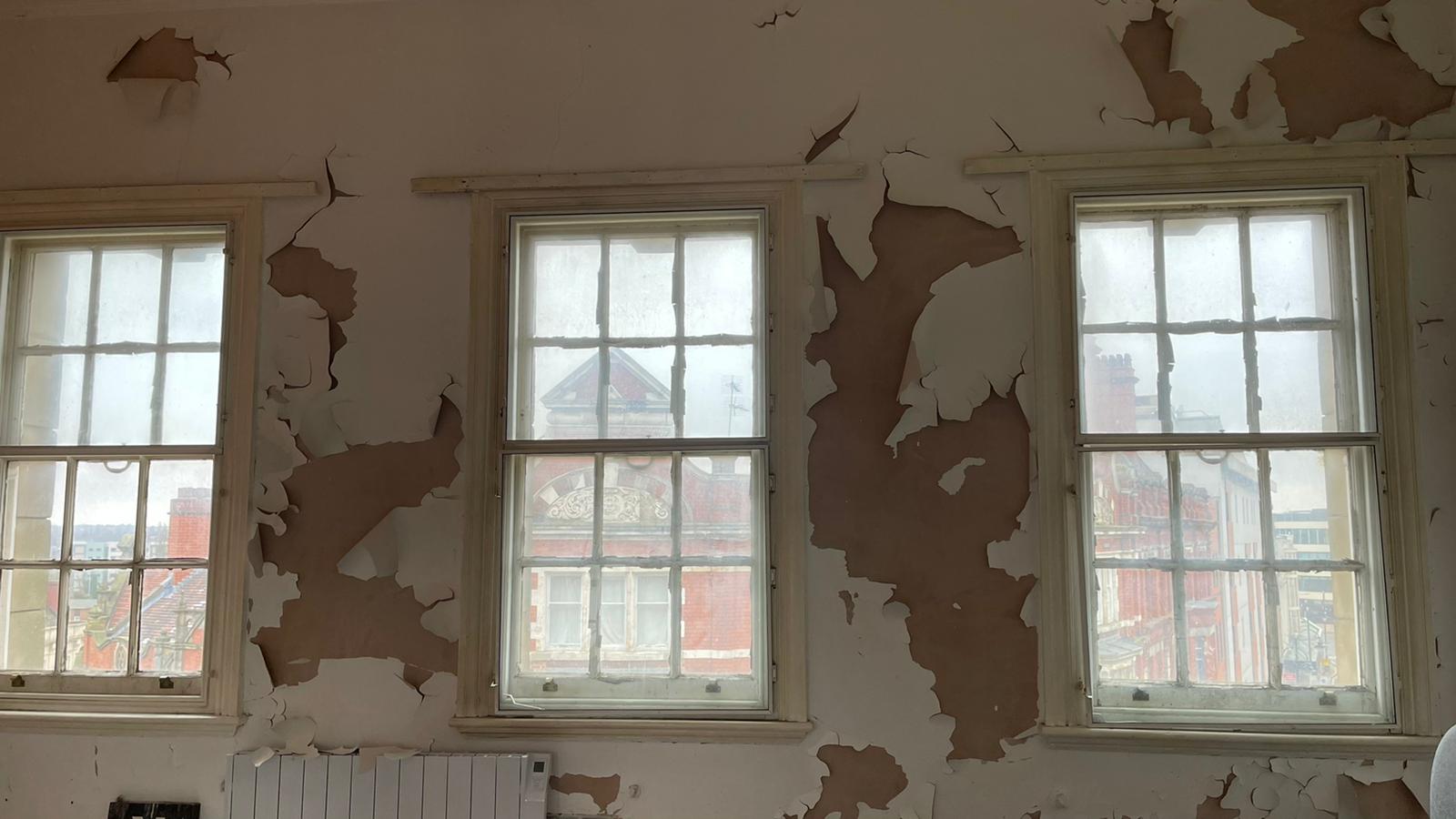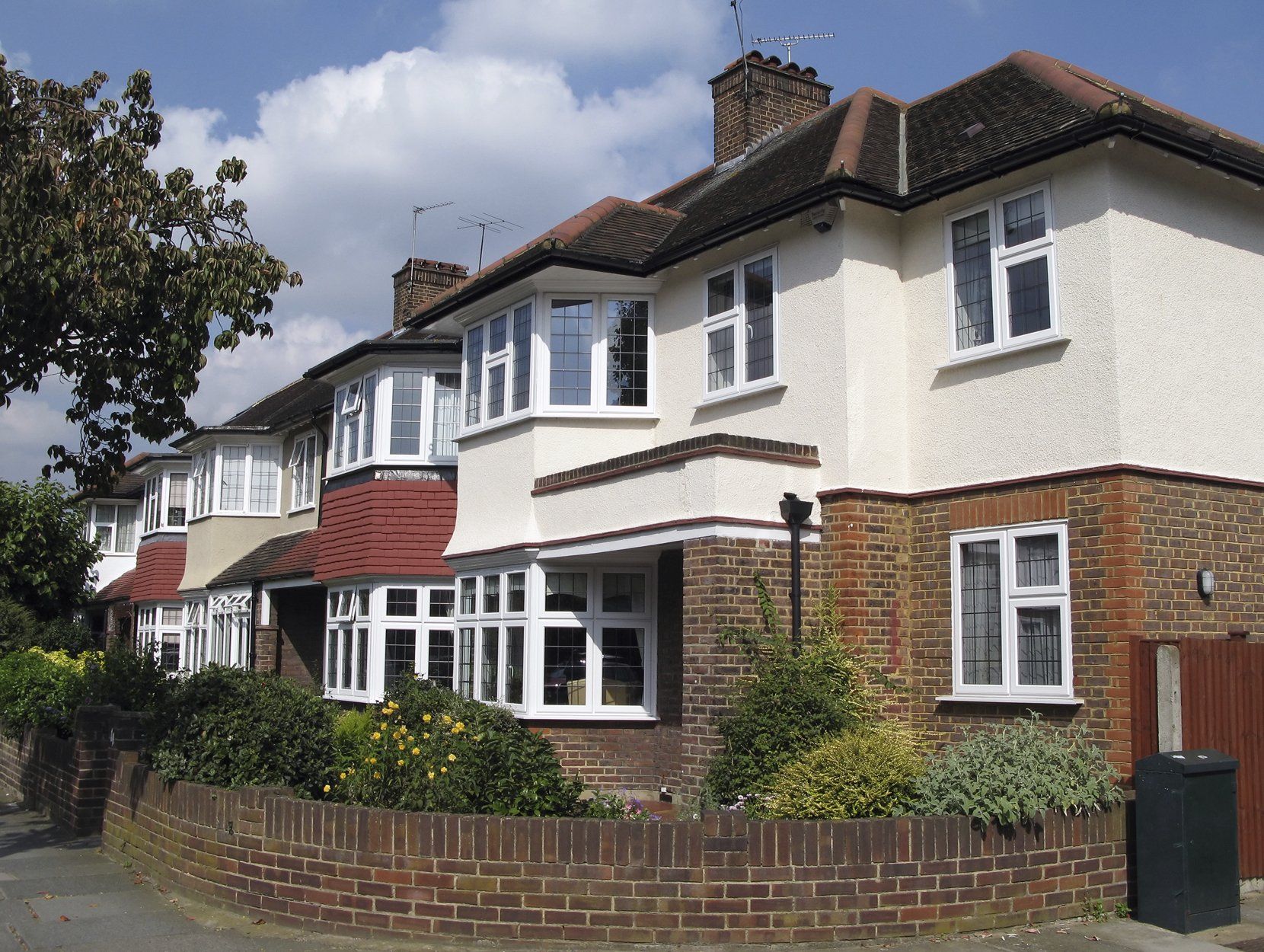Housing Disrepair: Am I eligible to start a claim?

If you are curious about whether you can start a Housing Disrepair Claim , read up on our eligibility criteria below.
If you have been complaining about the disrepair at your property to your Council/Housing Association for 3 months or more, we will be able to assist you.
2. Disrepair Type
We can help if you are experiencing any of the following disrepair items at your property:
·Dry rot
·Damp
·Fungal growth (mushrooms)
·Overflowing guttering
·Structural issues (subsidence)
·Flooding and water leaks/ingress
·Roof issues
·Drainage issues
3. Cost of Works
You can only seek Legal Representation for your Housing Disrepair Claim if the cost of the works required at your property exceed £1,000.00. However, we understand you may not know whether this is the case when you contact us.
The reason we cannot assist if the cost of the works fall under £1,000.00 is because your claim will automatically be rendered a small claims’ matter, meaning you will have to commence an action in the small claims’ county Court yourself. Legal Representatives cannot assist as we cannot recover our legal fees for representing you, even if you are successful in obtaining compensation.
An example of works which do not exceed £1,000.00 are remedial works. If your property has suffered from a minor leak which your Council/Housing Association has fixed, yet the resultant damage (such as staining to ceiling and/or wallpaper) remain outstanding, this would be classified as a small claims matter.
4. Rent Arrears
If you have high rent arrears exceeding £1,000.00, we cannot assist with your claim. This is because, even if your case is successful, your Council/Housing Association are entitled to offset any compensation towards your arrears, meaning you effectively come out with nothing.
Further, your Council/Housing Association can choose to not pay our legal fees for representing you for your Housing Disrepair Claim, meaning it would be non-cost-viable for us to take your case on.
5. Location
We can only assist with tenants based in England. We cannot take on clients outside of England – this is because we will face difficulties in sending our Independent Experts out to your property to carry out the required inspection.
6. Previous Claims
If you have previously had a successful Housing Disrepair Claim and was subsequently awarded compensation in full and final settlement, and works were undertaken yet the disrepair returned shortly afterwards, we cannot assist with starting a new claim for you (unless you are a returning client of ours).
If the above is correct, you will need to go back to your previous firm of Solicitors.
7. Property Modifications
For example, if you have fitted a new kitchen in your property without first seeking authorisation from your Council/Housing Association, and the kitchen became damp over time, we cannot assist you in acting against your Council/Housing Association for a Housing Disrepair Claim. This is because, technically, the disrepair is due to “tenant damage”.
Your Council/Housing Association are not liable to rectify the damp in the kitchen, as it was you who fitted the kitchen in the first instance.
Further, if you are going to make changes to your property, you must first seek permission from your Council/Housing Association to make adaptations. If no permission has been granted, this is a breach of your tenancy agreement.
8. Liability
If your Council/Housing Association are responsible for the disrepair at your property, we can assist you in your Housing Disrepair Claim. Examples of disrepair your Council/Housing Association are responsible for are listed below:
·Dry rot
·Damp
·Fungal growth (mushrooms)
·Overflowing guttering
·Structural issues (subsidence)
·Flooding and water leaks/ingress
·Roof issues
·Drainage issues
Your Council/Housing Association only become liable for the disrepair at your property if, following your complaint, no works or investigations (inspections) are undertaken within 4-6 weeks.
Examples of disrepair your Council/Housing Association are not responsible for are listed below:
·*Pest issues/infestations
·Condensation-related mould growth
· Exterior disrepair (garden, fences, etc.)
*If you are experiencing pest issues/infestations at your property, contact Environmental Health.
9. Tenancy Types
We assist with Council/Housing Association tenants only.
We cannot assist with leaseholders, private tenants, and shared ownership properties.
For more information, contact us on 0800 610 2223* or Start Your Claim Online . *Office opening hours are Monday - Friday (9am - 4pm).
Contact Us










